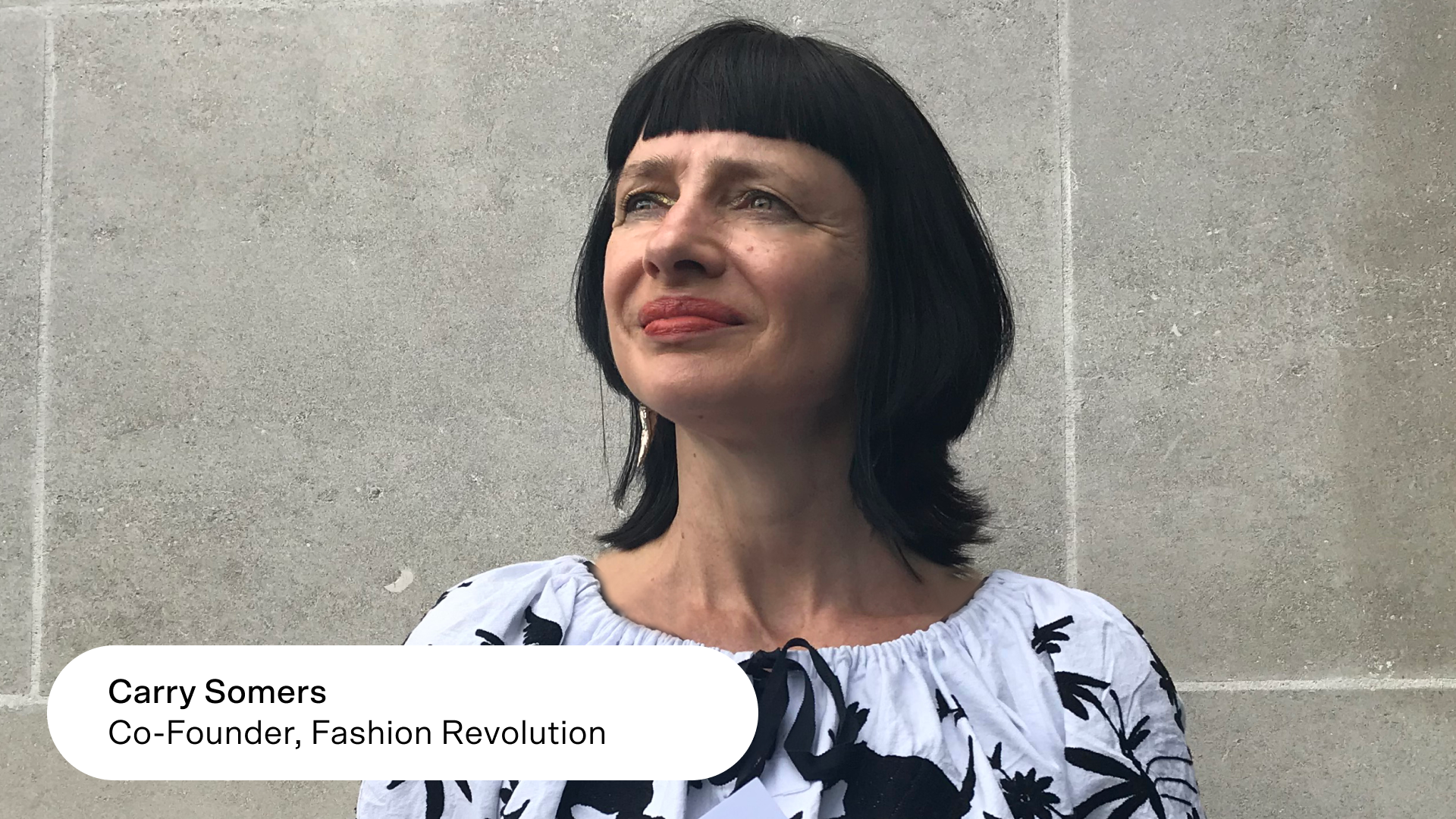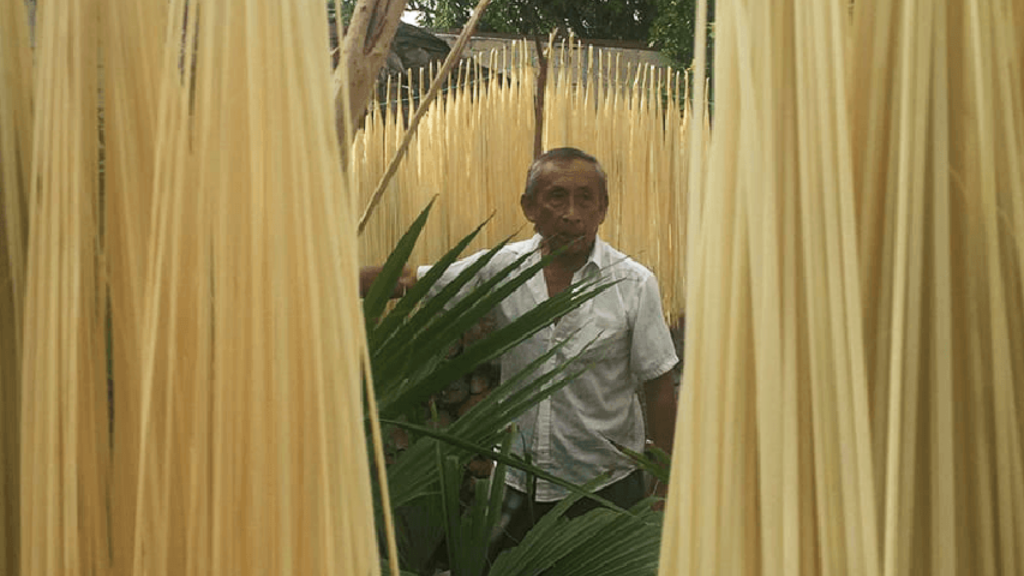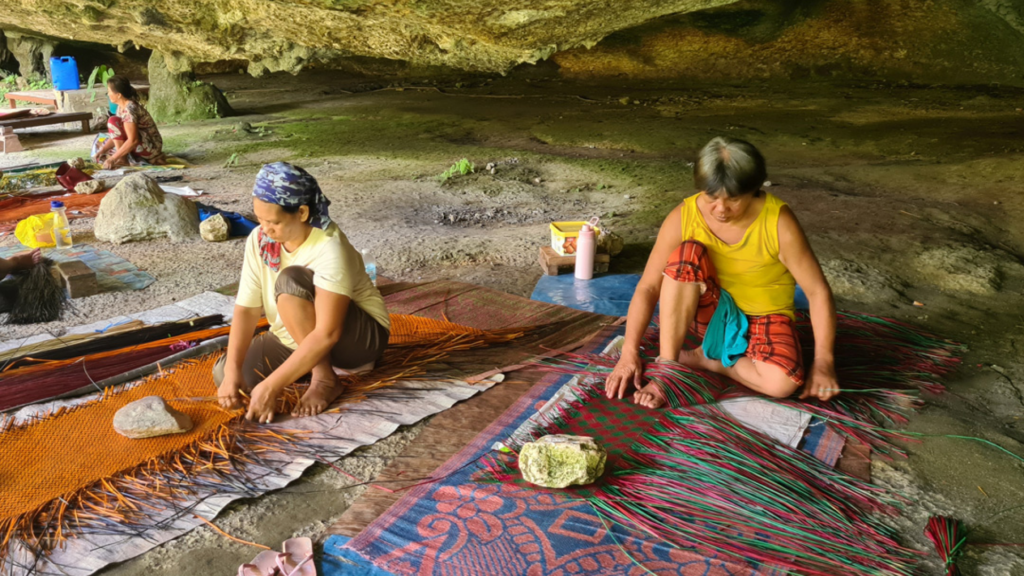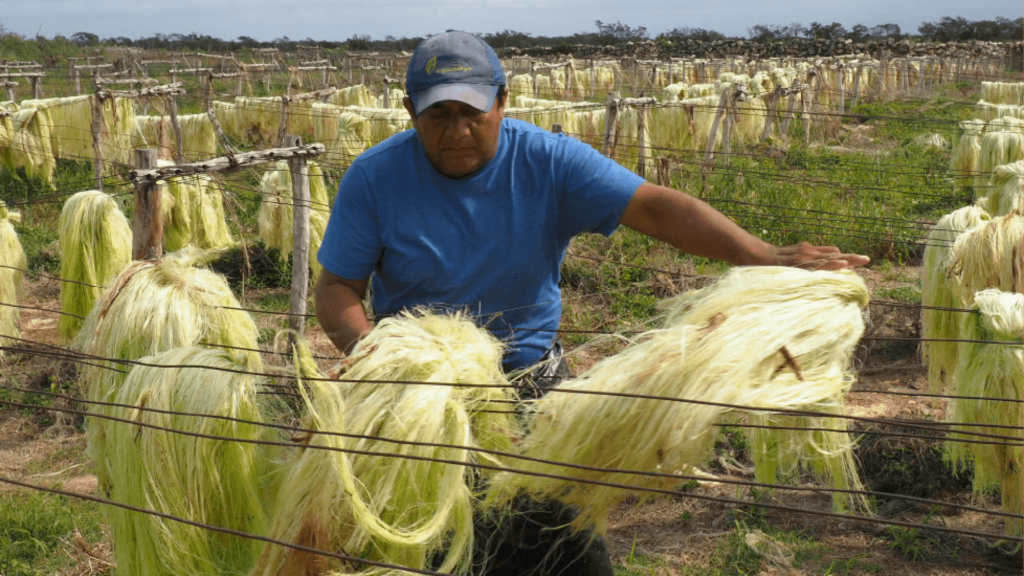An acclaimed fashion designer, Carry Somers has radically pioneered a culture of transparency and accountability in the industry with Fashion Revolution—a first-of-its-kind movement advocating for better production practices in fashion. Somers has roots deep in building conscious business models, with her award-winning brand Pachacuti being the world’s first Fair Trade Certified company. Somers is one of the first to reimagine a world in fashion where the partnerships that make up the industry are ethical and on equal ground.
As the 14th Annual Lovie Awards is a celebration of Europe’s most groundbreaking collaborations, we’re asking our Lovie Jurors to share their take on what makes a good team.
In our second edition, hear from the revolutionary designer what it’s going to take for brands to build better business models.
What do you perceive as the value in cross-sector collaborations? Are they primarily for hype, or do you believe they can be pivotal?
We need to be taking a holistic and collaborative approach to the interconnected issues of human exploitation and ecosystem degradation. And we are more powerful voices for change when we all work together.
Cross-sector collaboration is key to enacting meaningful change, because no single part of the fashion sector can make a big enough impact to transform the system alone. Brands need to partner with multiple industries, as well as government, suppliers, retailers, academics, investors, advocacy organisations and tech experts to to accelerate a just transition, innovating and investing together to tackle the unsolved challenges in the value chain.
The fashion industry’s top-down approach to sustainability solutions means that too often it sets targets without consideration of feasibility and context, placing the responsibility for fixing fashion onto suppliers. Rather than focusing on how to force others to change their ways, we need to ask ourselves how we can co-create a system capable of actually achieving climate goals, working collaboratively to transform the whole financial, cultural, and social landscape of fashion, tackling inequalities along the way. This is pivotal to enabling climate action – and yes, reaching targets – to happen.
Can a collaboration with a smaller partner unexpectedly transform your team's approach?
League of Artisans is a new organisation I co-founded in 2022, which aims to mobilise the power of co-creation and collaboration, amplifying artisans’ voices, advocating for craft communities, and promoting artisan’s skills as a vital response to global challenges. We have a global advisory board of artisans, several unlettered, and many from remote rural communities. In collaborating with these artisans on our forthcoming manifesto, Dignity of the Hand, they have challenged several of my long-held assumptions around what artisans want from a trading relationship
Forming meaningful relationships with smaller partners, engaging in a genuine dialogue, and sharing information in ways that are mutually beneficial can help address the complex, interrelated issues we are facing, and shift the power asymmetry along the way.
What upcoming collaboration opportunities in your field are you especially enthusiastic about?
I’m particularly excited about one of the projects League of Artisans is working on in the year ahead, a British council funded toolkit to reduce the exposure of micro-businesses and women-led creative enterprises to climate-related disasters, making sure they are climate-prepared, and helping them recover and strengthen post-disaster.
Our approach is not expert-led or top-down. Outputs will be co-created through creative dialogue, through knowledge collection and sharing, founded on the premise that artisans are the best teachers. Documenting experiences from the Philippines and beyond, both pre and post-disasters, we will incorporate artisans’ experiences into needs assessments and share success stories from global communities with the aim of replicating good practice. Moving forward, we are looking for funding to translate and localise the toolkit for other countries, drawing on their lived experience.
The Lovie Awards Extended Entry Deadline is 2nd August — This is the Last Chance to Enter!
The Lovie Awards is judged by a highly-curated Judging Academy of Europe’s leading and brightest minds online. Sharing your work with them creates an unparalleled opportunity to earn recognition from an esteemed panel of industry experts with a wealth of experience across the full breadth of digital.
To put your projects in front of Europe’s vanguard, enter the 14th Annual Lovie Awards before our Summer Grace period closes on Friday, 13th September!
Catch up on our last edition of our “Notes on Collaboration” series, featuring Co-founder and CEO of Inrupt, John Bruce.






